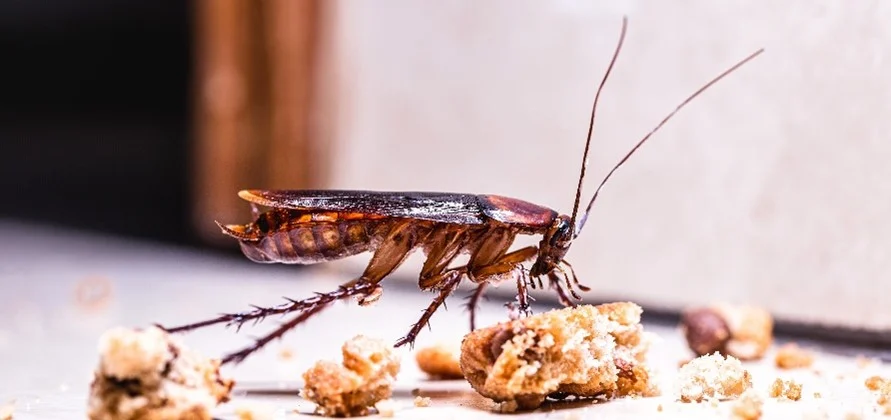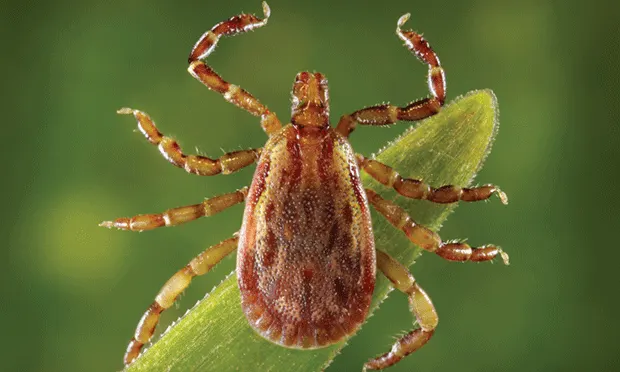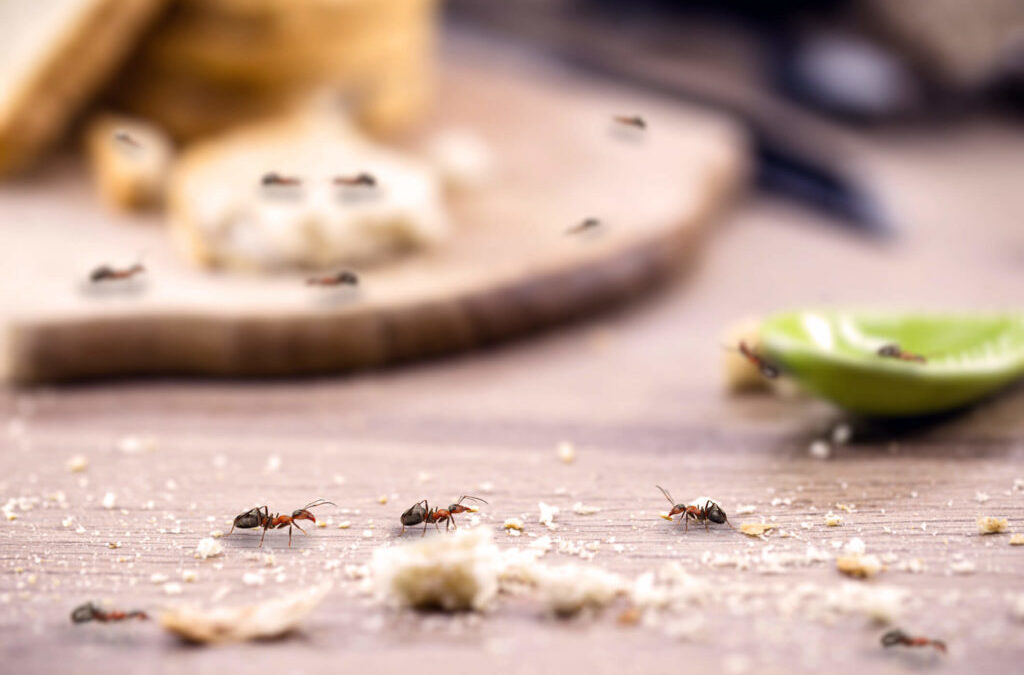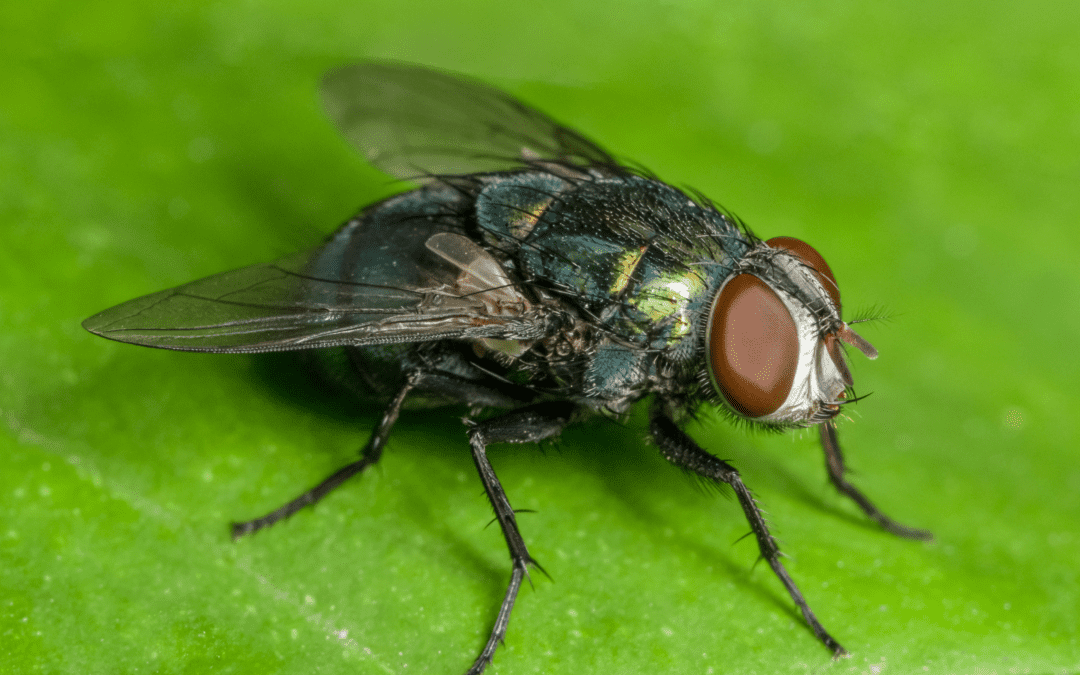READY TO GET STARTED?
REQUEST A FREE ESTIMATE
Fill out the form below or call (336) 226-1448 for a free, no-obligation estimate.

Cockroaches are unwelcome visitors in any home, and for North Carolina residents, dealing with these resilient pests can be a common challenge. The region’s warm, humid climate provides an ideal environment for cockroaches to thrive. But don’t worry—you can tackle infestations effectively and sustainably. This guide will help you identify a cockroach problem and address it using eco-friendly methods.
North Carolina’s climate is perfect for cockroaches. The warm summers and mild winters allow these pests to thrive year-round. The common cockroach species in the state include:
Cockroaches can carry diseases, contaminate food, and worsen allergies and asthma. Knowing what attracts them—food residue, water leaks, and clutter—is the first step in managing them.
Cockroaches are nocturnal, but they leave signs of their presence:
Prompt action can prevent the problem from worsening.
Green pest control offers effective, eco-friendly alternatives:
Ready to tackle cockroaches the eco-friendly way? Follow these steps to manage and prevent infestations sustainably:
Prevention is key to keeping cockroaches out for good:
Investing in these habits will help you avoid future infestations.
With the right knowledge and eco-friendly strategies, you can kick cockroaches to the curb. Spot the signs early, take green pest control steps, and implement preventative measures to keep your home pest-free. If you’re dealing with a tough infestation or need expert advice, reach out to a green pest control professional in North Carolina. Protect your home, health, and the environment with sustainable pest management.

North Carolina’s mild climate is perfect for outdoor adventures, but it also makes the state a hotspot for fleas and ticks. For homeowners, particularly those with pets, controlling these pests is essential—not just for comfort, but for health. Unfortunately, conventional chemical-based solutions often raise concerns for eco-conscious families looking to protect their homes and the environment.
Luckily, there’s a rising trend in eco-friendly flea and tick control methods that are nontoxic, effective, and sustainable. This blog highlights green alternatives to help you tackle North Carolina’s flea and tick issues while keeping your home, pets, and environment protected.
North Carolina’s warm, humid weather provides the perfect breeding ground for fleas and ticks, which are active year-round. These pests are not only uncomfortable but also pose serious health risks.
While many turn to chemical pesticides for quick relief, these treatments can harm North Carolina’s waterways, soil health, and non-target species. This is why more homeowners are seeking sustainable, eco-friendly alternatives that protect both their homes and the environment.
Prevention is the best solution to avoid infestations. Here are a few green steps to minimize the risk of fleas and ticks in your home:
Switching to green pest control not only protects your family and pets but also helps preserve North Carolina’s rich biodiversity. Chemical-heavy pest control disrupts ecosystems, but sustainable practices keep pests at bay while maintaining environmental health. By choosing eco-friendly solutions, you contribute to cleaner waterways, healthier soil, and reduced chemical exposure for wildlife. Green alternatives offer effective, sustainable ways to protect your home, pets, and property—while staying true to your eco-conscious values. If you’ve noticed fleas and ticks on your property, it could be time to call a local pest control company near you for a free inspection!

A home should be a safe haven—a place where we relax and feel secure. However, lurking within countless households are uninvited guests that pose significant risks to our well-being. Beyond being mere nuisances, common household pests can have far-reaching effects on human health. Understanding these dangers is crucial for homeowners, property managers, and health enthusiasts alike.
Rodents such as rats and mice not only cause structural damage but also carry diseases like hantavirus, salmonella, and leptospirosis. These pests can contaminate food and water sources, leading to outbreaks of illness, especially in urban settings.
Cockroaches, ants, and mosquitoes are among the many insects that infiltrate homes. Cockroaches can trigger asthma and allergies, while mosquitoes are infamous for spreading diseases such as West Nile virus and malaria. Ants, though less dangerous, can contaminate food and surfaces, leading to digestive issues.
Bed bugs and fleas, although tiny, pack a punch when it comes to health implications. Bed bugs can cause itchy welts and allergic reactions, while fleas are vectors for diseases like typhus and can transmit tapeworms to pets and humans alike.
When pests bite or sting, they can introduce toxins into the body, causing immediate reactions. Painful bites or stings can result in swelling, redness, and, in severe cases, anaphylaxis, a potentially life-threatening reaction.
Pests are notorious for contaminating food and water with their droppings, urine, and saliva. This contamination can lead to foodborne illnesses and gastrointestinal problems. Additionally, pests can trigger allergic reactions and exacerbate respiratory conditions through allergenic proteins found in their bodies and waste.
Maintaining a pest-free home is essential for health and peace of mind. Here are some strategies to help keep pests at bay:
Maintaining a healthy home environment requires awareness and action. By understanding the hidden dangers posed by common pests, we can take proactive steps to protect our homes and health. Vigilance in cleanliness, timely maintenance, and seeking professional pest control services are crucial. Let’s commit to creating a safer living space for ourselves and our loved ones. Stay informed, stay safe, and remember that a pest-free home is a healthy home.
Being a pet owner in North Carolina means you’re probably familiar with the annoyance of fleas and ticks. These pesky pests can not only cause discomfort for your furry friends, but they can also transmit diseases to both pets and humans. Fortunately, there are steps you can take to keep fleas and ticks at bay. Here are some tips:

Household pests are any undesired animal that has a history of living, invading, causing damage to, eating food from, acting as a disease vector for, or causing any other harm to a human habitat. While many are just considered a nuisance, some household pests can become dangerous as they pose a risk to health, property, and lifestyle. Also, household pests aren’t just limited to insects. They include arachnids, rodents, and wildlife.
While household pests can be found year-round, some are more common in the summer months. Here are four of the most common summer pests and how you can prevent them.
Mosquito season peaks during the summer months. Mosquitoes are able to reproduce in large numbers due to the warm weather and humid environments that accelerate their life cycle. If you have standing water on your property, you will most likely see mosquitoes since this is where they lay their eggs. Mosquitoes can be dangerous to humans as they carry pathogens that can cause serious diseases such as Zika and West Nile virus.
Mosquitoes can be prevented by:
Ants hibernate in the winter and come out in full force during the summer. Ants are usually seen indoors during the summer because they’re searching for food and water as these can become scarce for them. They are also building up their reserves for the fall and winter months.
Ants can be prevented by:
Termite swarming season is in the spring, but these newly established colonies grow exponentially in the summer. Termites can go long periods of time undetected. This allows them to cause significant damage to your home. It’s important to keep an eye out for signs of termites so you’re able to catch them early.
Termites can be prevented by:
Flies invade your home in the summer months to escape the heat. While they only reproduce during the hotter months, getting indoors allows them to do so even more prolifically.
Flies can be prevented by:
Don’t let these common pests ruin your summer. If you have a problem with any of these pests, contact your local pest control company. They will be able to help eliminate them safely and prevent them going forward.